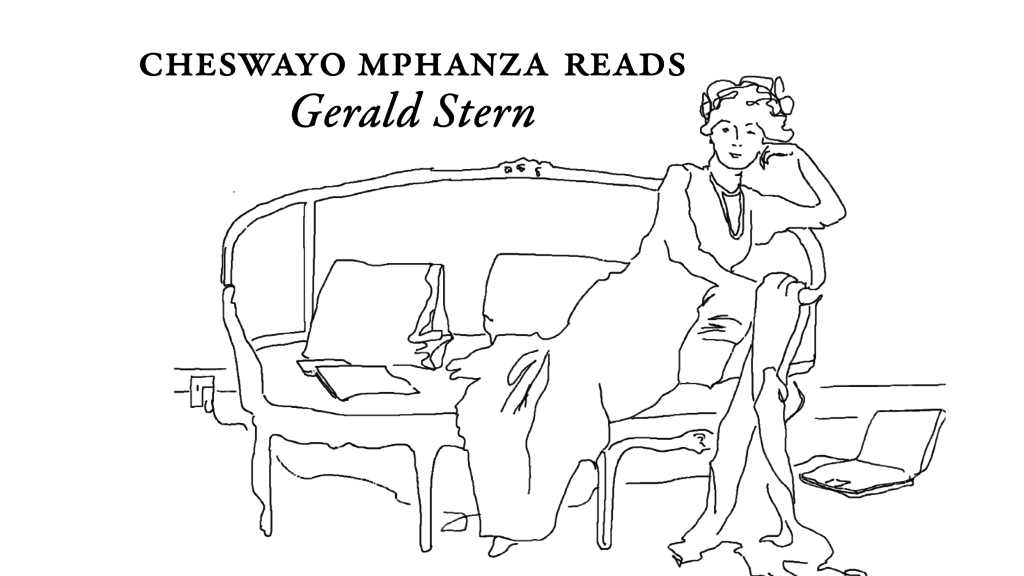National Poetry Month has arrived, and with it a second series of Poets on Couches. In these videograms, poets read and discuss the poems that are helping them through these strange times—broadcasting straight from their couches to yours. These readings bring intimacy into our spaces of isolation, both through the affinity of poetry and through the warmth of being able to speak to each other across the distances.
“Leaving Another Kingdom”
by Gerald Stern
Issue no. 90 (Winter 1983)
I think this year I’ll wait for the white lilacs
before I get too sad.
I’ll let the daffodils go, flower by flower,
and the blue squill go, and the primroses.
Levine will be here by then,
waving fountain pens, carrying rolled-up posters
of Ike Williams and King Levinsky.
He will be reaching into his breast pocket
for maps of grim Toledo
showing the downtown grilles and the bus stations.
He and I together
will get on our hands and knees
on the warm ground
in the muddy roses
under the thorn tree.
We will walk the mile to my graveyard
without one word of regret,
two rich poets
going over the past a little,
changing a thing or two,
making a few connections,
doing it all with balance,
stopping along the way to pet a wolf,
slowing down at the locks,
giving each other lectures on early technology,
mentioning eels and snakes,
touching a little on our two cities,
cursing our Henrys a little,
his Ford, my Frick,
being almost human about it, almost decent,
sliding over the stones to reach the island.
throwing spears on the way,
staring for twenty minutes at two robins
starting a life together in rural Pennsylvania,
kicking a heavy tire, square and monstrous,
huge and soggy, maybe a 49 Hudson,
maybe a 40 Packard, maybe a Buick
with mohair seats and silken cords
and tiny panes of glass—both of us seeing
the same car, each of us driving
our own brick road, both of us whistling
the same idiotic songs, the tops of trees flying,
houses sailing along, the way they did then,
both of us walking down to the end of the island
so we could put our feet in the water, so I could
show him where the current starts, so we could
look for bottles and worn-out rubbers, Trojans
full of holes, the guarantee run out—
love gone slack and love gone flat—
a few feet away from New Jersey near the stones
that look like large white turtles guarding the entrance
to the dangerous channel where those lovers—Tristan
and his Isolt, Troilus and you know who,
came roaring by on inner tubes, their faces
wet with happiness, the shrieks and sighs
left up the river somewhere, now their fingers
trailing through the wake, now their arms out
to keep themselves from falling, now in the slow part
past the turtles and into the bend, we sitting there
putting on our shoes, he with Nikes,
me with Georgia loggers, standing up
and smelling the river, walking single file
until we reach the pebbles, singing in French
all the way back, losing the robins forever,
losing the Buick, walking into the water,
leaving another island, leaving another
retreat, leaving another kingdom.
Cheswayo Mphanza’s debut poetry collection is The Rinehart Frames (University of Nebraska Press). His poems “Frame Six” and “At David Livingstone’s Statue” appeared in the Fall 2020 issue.
from The Paris Review https://ift.tt/3dp4wUs

Comments
Post a Comment